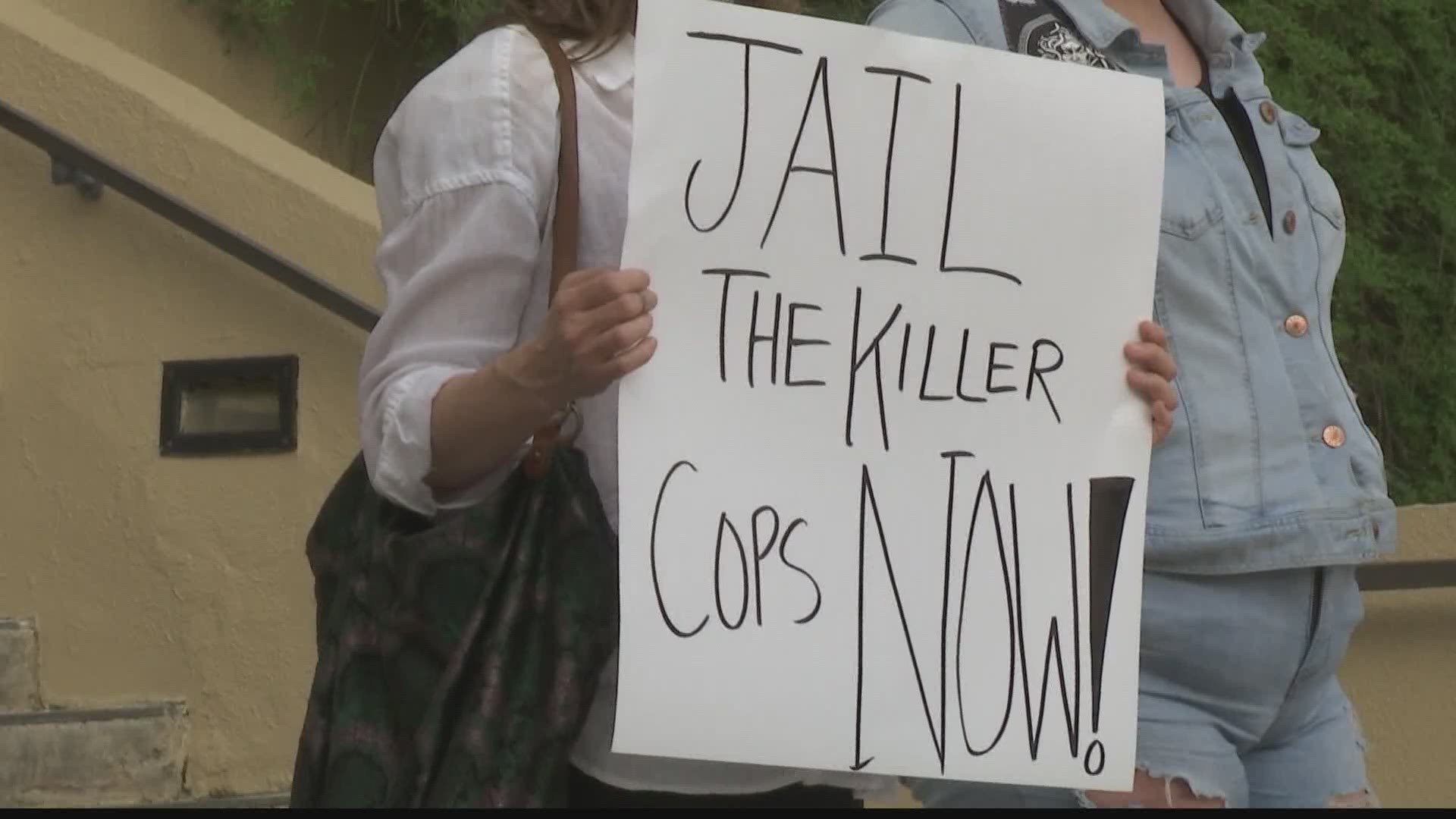HUNTSVILLE, Ala. —
The video showing the suffocation of George Floyd by officers in the streets of Minneapolis has been shared countless times, and people are calling for justice.
But, this isn’t the first video showing the killing of unarmed black people. The mental health impacts caused by the images can be deeper than you know.
The video goes on for about 10 minutes, showing the killing of George Floyd, an unarmed black man, at the hands of officers, as one officer presses his knee into Floyd’s neck as he lay in the street.
This is another video-- another one on a long list of killings of black men women, and children-- at the hands of white officers and civilians. With every killing, the shock and hurt cuts deep, leaving a lasting impression on the black community.
We spoke with Monretta Vega, a Counselor with Huntsville Psychotherapy and Counseling Services. Vega says, “When we see images like this, we are actually getting the second hand trauma.”
This is the video that has been shared around the world. An officer with his knee on the neck of George Floyd as he lay handcuffed in the streets of Minneapolis.
Floyd pleads repeatedly for the officer to get up so he can breathe.
The officer presses his knee into Floyd’s neck for over 8 minutes until paramedics arrive. He later dies at a nearby hospital.
Monretta Vega says, “This can just cause a lot more frustration, depressed feelings, low motivation, low energy.”
The images of the recent killing of 25 year old Ahmaud Arbery outside of Brunswick, Georgia are still fresh in the minds of many. The video is heart wrenching to watch as two white civilians-- a former police officer and his son-- chase down Arbery and kill him with a shotgun.
We've seen many other videos of lives taken, and know even more names of those who did not have their deaths recorded.
We met with Jerry Burnet, President of the Huntsville Madison County NAACP: He says, “It’s disappointing to me... and it’s not something new.”
The Huntsville Madison County Chapter of the NAACP says although hard to watch-- cell phone videos of these encounters are necessary to hold responsible parties-- accountable. Burnet adds, “If there’s not any film footage of it, the police usually get away with what they’re doing. They just tend to tell the public whatever they want to tell the public and it just goes on and on.”
Monretta Vega gets emotional as she talks about the potential long-term effects of these killings on young black and brown children. She says, “Viewing this on a constant can definitely impact you and cause fear and concern and it can also cause low motivation and zest for goals in life because you might not understand what the goal may be long term.”
RELATED: Black Lives Matter protesters take to Los Angeles streets, freeway over death of George Floyd

